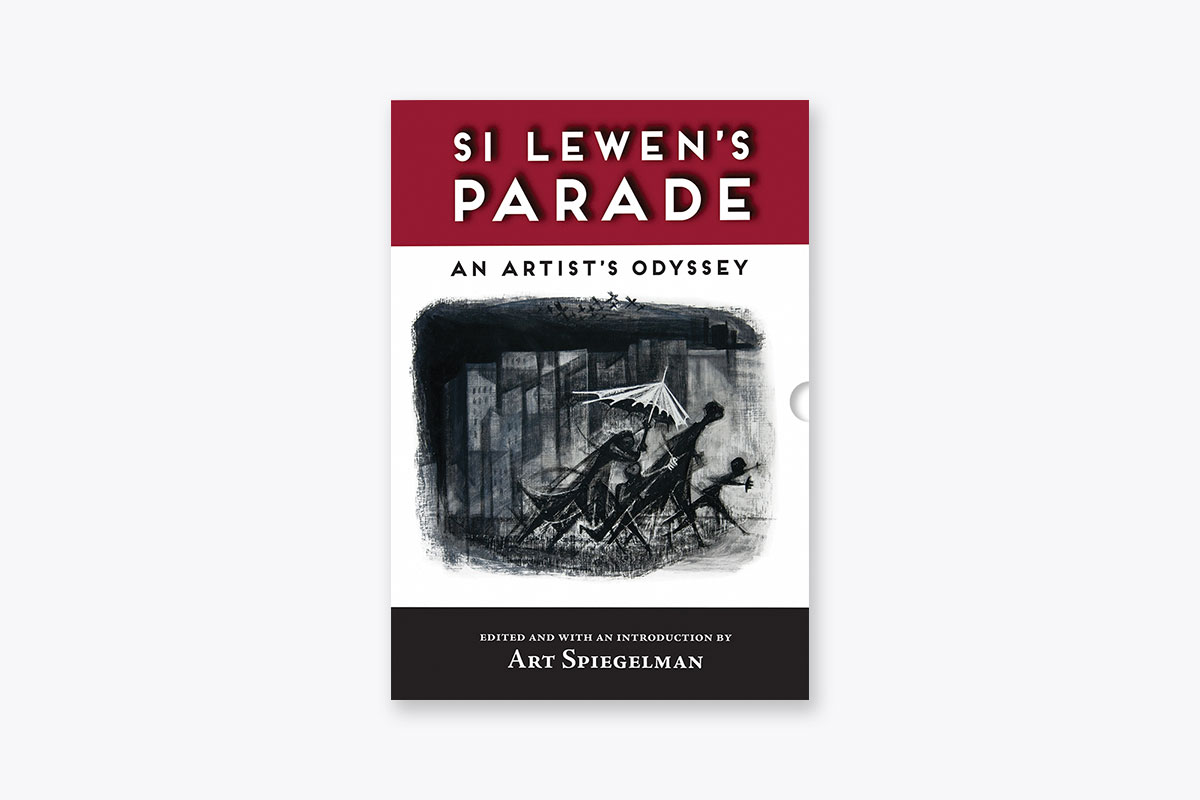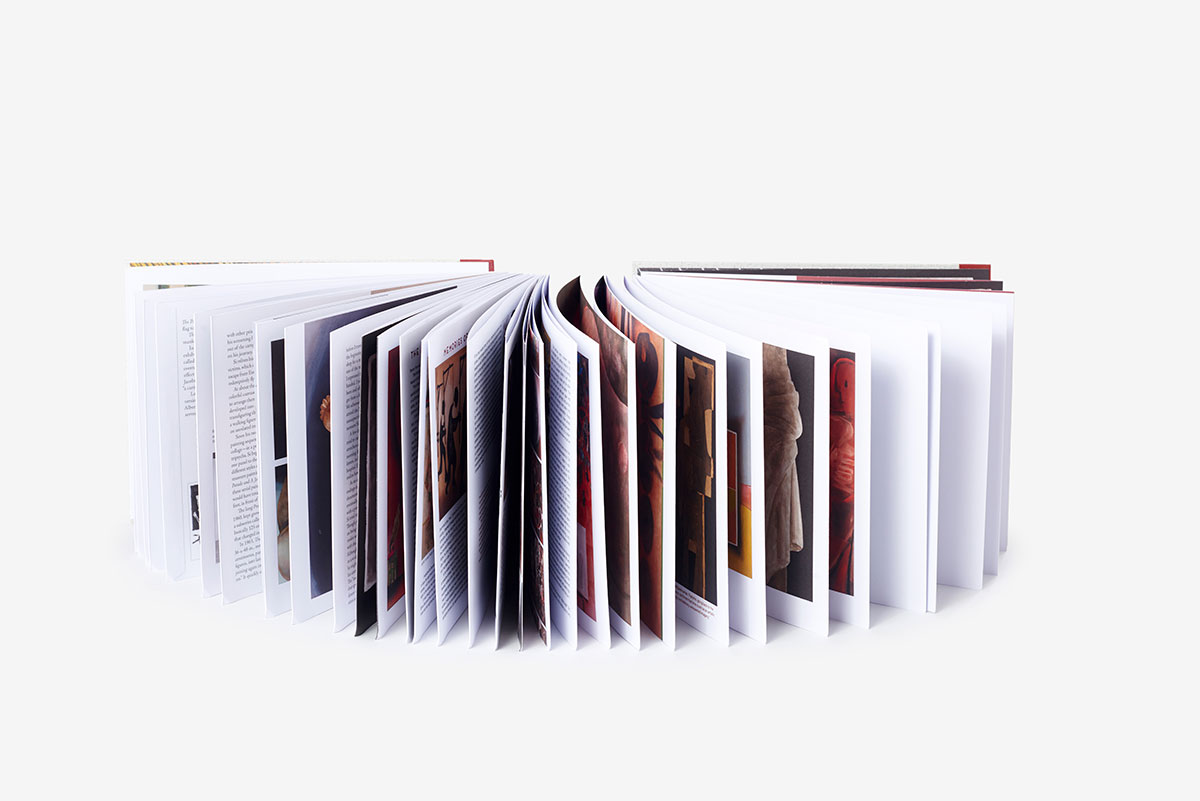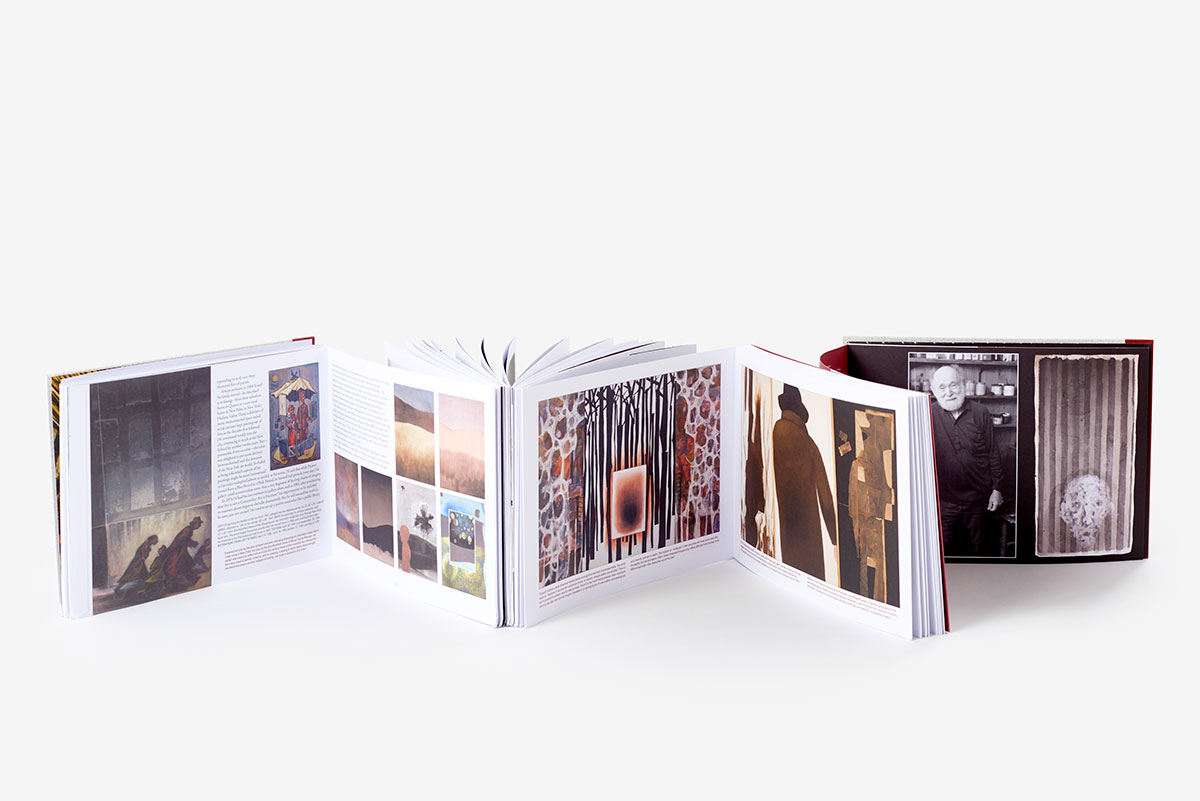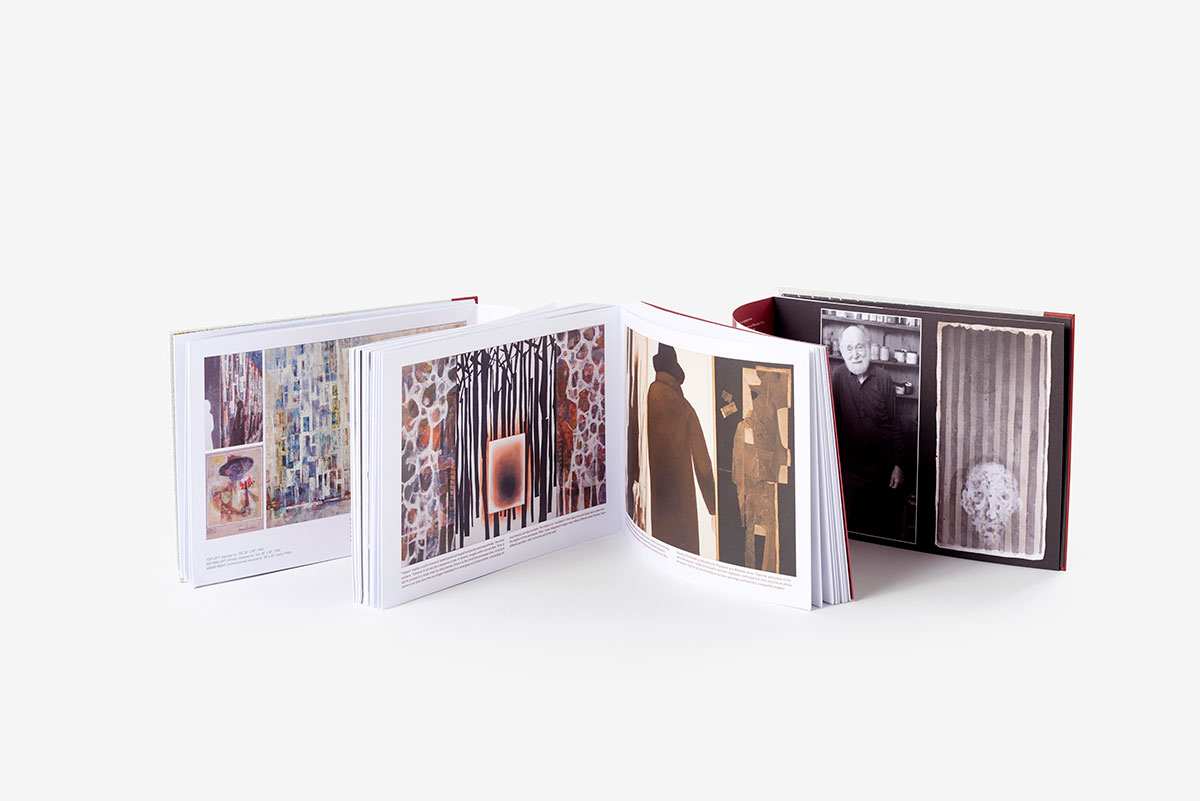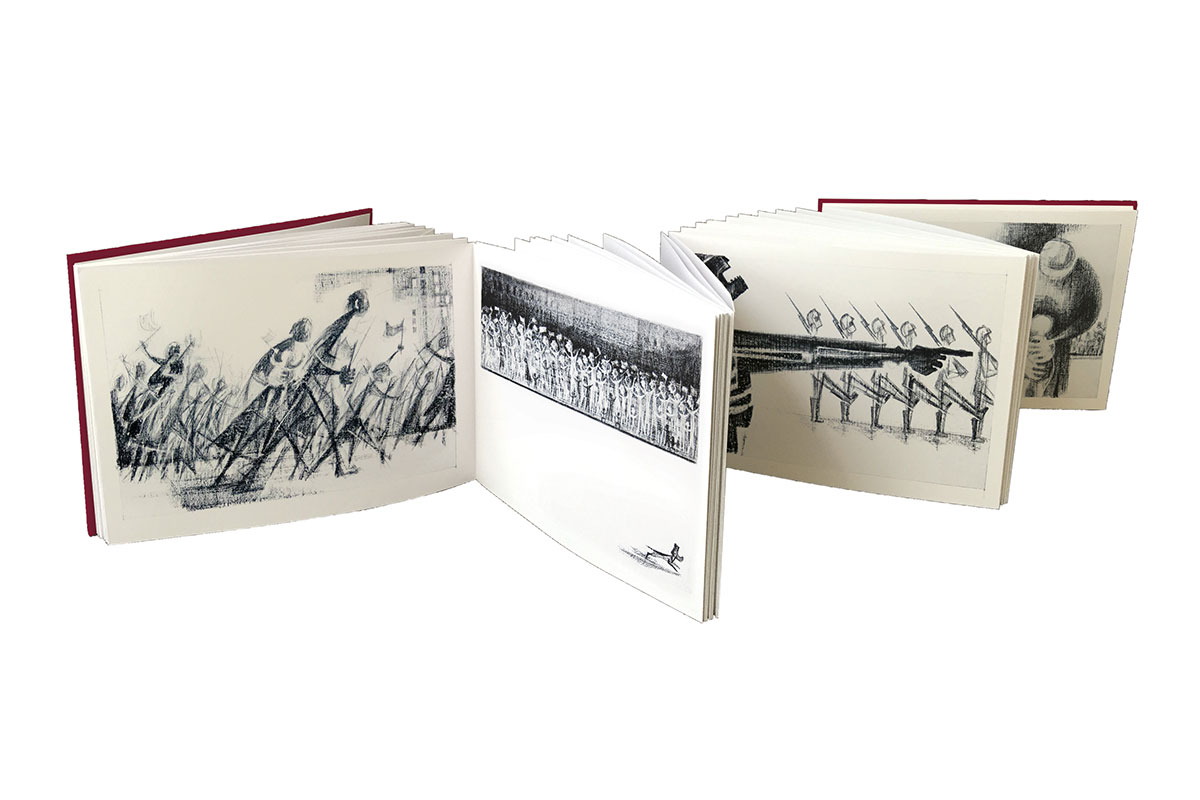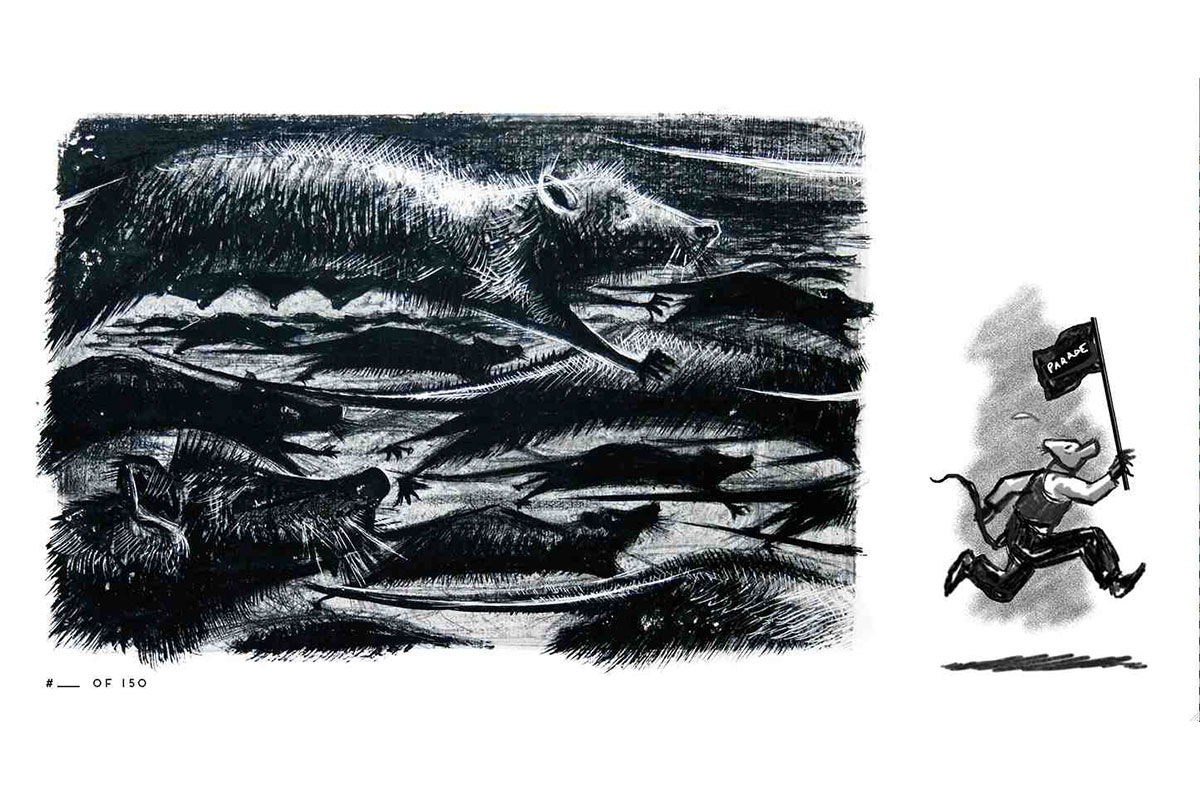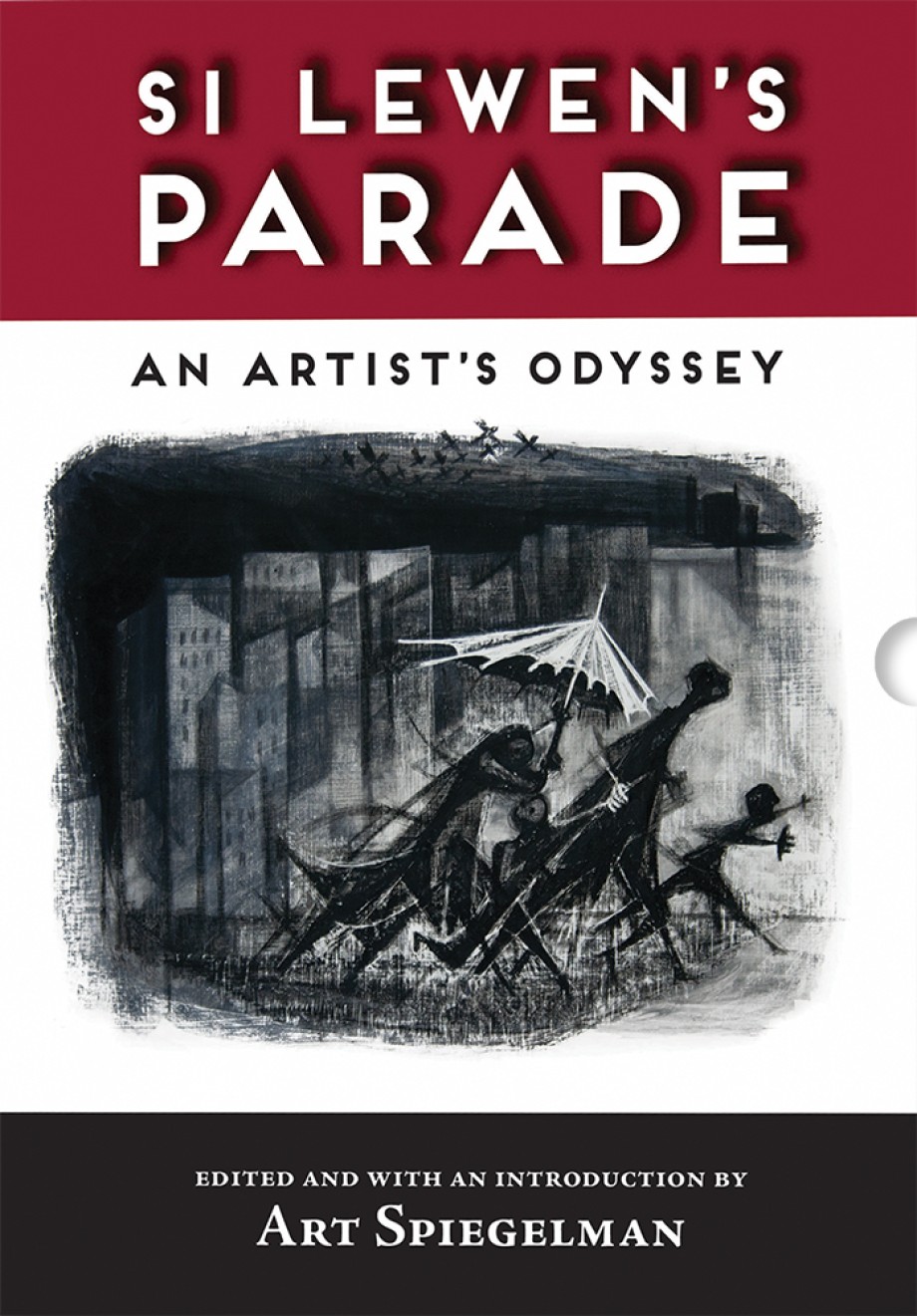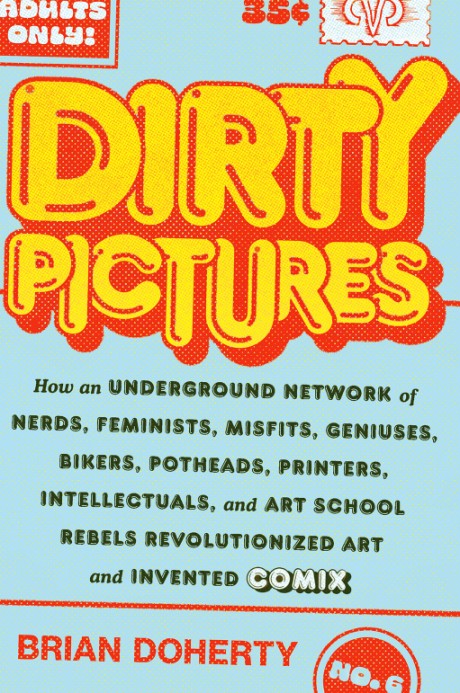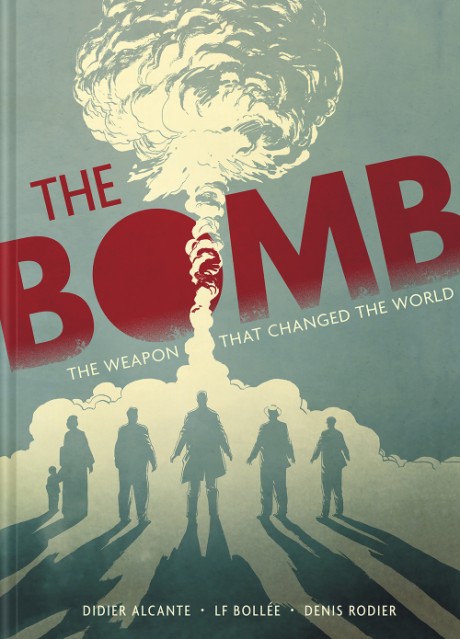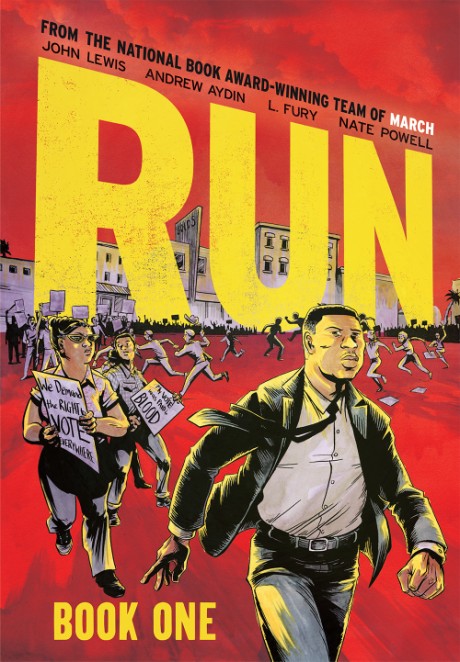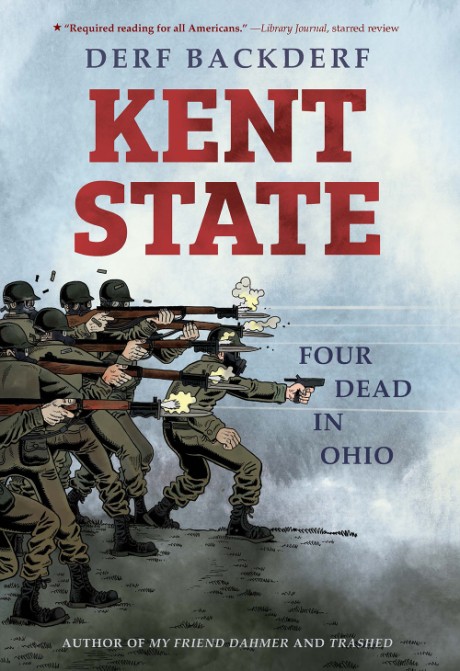This deeply moving version of The Parade allows the reader to explore the art as Si Lewen intended it to be seen, in sequence. As the work unfolds, the reader is taken on an unforgettable journey through the essential nature of all wars—past, present, and future.
Remastered from the original art, The Parade was and remains a groundbreaking work, a cry from the heart about mankind’s perpetual lust for war and its ensuing horrors by a Polish Jewish painter born right after World War I who experienced those horrors as one of the first American soldiers to enter the gates of Buchenwald in 1945.
This edition was newly discovered, remastered, and presented by Art Spiegelman, the Pulitzer Prize–winning author of Maus. In addition to Lewen's spectacular art, the book features An Artist’s Odyssey, a monograph edited, designed, and with an extensive biographical and critical essay by Spiegelman, who takes the reader on a guided tour of Si Lewen’s singular life and work, profusely illustrated with art from Lewen's long and prolific career.
Lewen turned away from his success as a postwar New York painter to immerse himself in his art rather than in the “artworld”—exploring his early childhood vision of wanting to see paintings hung close together, “so they could talk to one another,” a vision well ahead of its time that is appropriately presented in the unique format of this book.
The Parade is a celebration of art and the story of recurring war as Si Lewen experienced it over 90 years, watching the joyful parades that marked the end of World War I lead into the death marches of World War II and the Korean War.
“The Parade is a powerfully moving free-jazz dirge of a book that depicts mankind’s recurring war fever. It remains sadly urgent and relevant today.” —Art Spiegelman, from his introduction
As the New York Times noted in an April 2024 column marking the opening of an exhibition of these paintings, "After 70 Years, Si Lewen’s Wrenching ‘Parade’ Marches On." The Times praised "the series of untitled antiwar works on artist’s board that forms the pulsing heart of a new exhibition curated by the cartoonist Art Spiegelman."
“A compelling testament to Lewen’s gifts for stirring our souls with the silent grace of painted panel after panel after panel. As narrative, it is music by which to mourn Man’s fate.” —The Washington Post
“An eloquent and vigorous protest against war’s horror and futility.” —New York Times, from an exhibition review of The Parade, 1953
“Nothing can equal the psychological effect of real art. . . . Our time needs you and your work!” —Albert Einstein, from a letter to Si Lewen, 1951
Praise
"An eloquent and vigorous protest against war’s horror and futility."The New York Times, from an exhibition review of The Parade, 1953
—
"Nothing can equal the psychological effect of real art . . .Our time needs you and your work!"Albert Einstein, from a letter to Si Lewen, 1951
—
"The Parade is a powerfully moving free-jazz dirge of a book that depicts mankind’s recurring war fever. It remains sadly urgent and relevant today."Art Spiegelman, from his introduction
—
“A compelling testament to Lewen’s gifts for stirring our souls with the silent grace of painted panel after panel after panel. As narrative, it is music by which to mourn Man’s fate.”The Washington Post
—
“There are many masterworks dealing with conflict and its evils, from Goya’s “Disasters of War” to Picasso’s “Guernica” to Jacob Lawrence’s “War Series.” Si Lewen’s “Parade” must be counted among them.”
—Wall Street Journal



